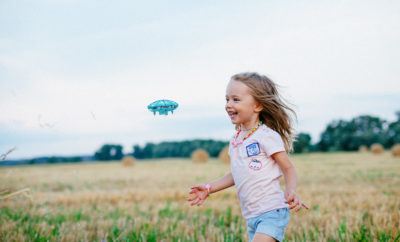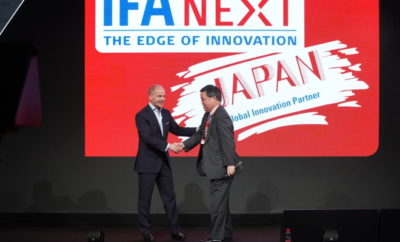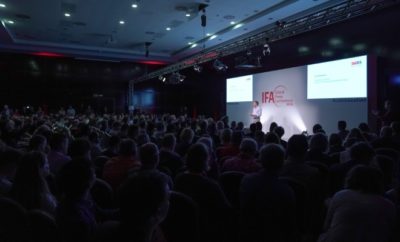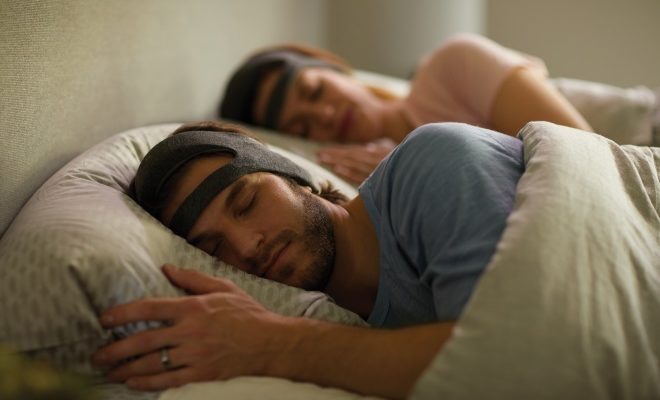
Health x Wellness
Philips drives developments in connected health with sleep devices
Philips recently ran a “Better Sleep, Better Health. A Global Look at Why We’re Still Falling Short on Sleep” global survey* which looked at what keeps people in 13 countries from getting their optimal night’s rest.
Key findings from the survey include:
- The majority of global adults (67 percent) view sleep’s impact on their overall health and wellbeing to be significant
- When it came down to incorporating healthy sleep habits into their lifestyle, the guilt felt for not regularly(i.e. 3-4 times a week) exercising (49 percent) or not eating healthy (42 percent) far surpassed the guilt associated with not maintaining good sleep habits (29 percent)
- After a bad night’s sleep, global adults report they look tired (46 percent), they are moody/irritable (41 percent), they aren’t as motivated (39 percent), or they have trouble concentrating (39 percent)
Insufficient or poor sleep can have an impact on your whole day. This affects various areas such as your energy levels, nutrition (and food decisions!), stress levels, mood and concentration. These areas naturally impact your job and family life. Connected health is Philips’ answer for consumers and by providing high quality, clinical information to the consumer can help us make better personal health decisions.
Philips shared information about several new “sleep ecosystem” devices at the recent IFA** Global Press Conference event in Rome, Italy.
Deep Sleep is one of three stages during non-REM (rapid eye movement) sleep and is the most restorative stage, where heartbeat and breathing slow to their lowest levels. Studies suggest that slow wave sleep plays a critical role in resetting the brain to be more alert and focused.
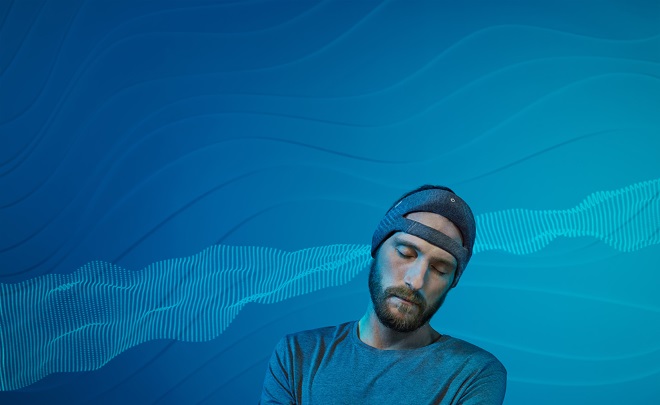
SmartSleep is the first sleep technology that is clinically proven to enhance sleep. it’s a wearable headband paired with the SleepMapper mobile app that tracks, monitors and reacts to your sleep patterns. The device works by sending customised tones that interacts with your natural slow activity – giving a sleep boost – during the deep sleep stage. These tones help boost the these slow wave activity in order to provided a better deep sleep stage. Philips shares that using SmartSleep will help improve your sleep quality, providing you with more energy and alertness through the day.
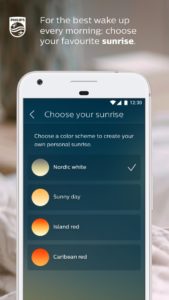
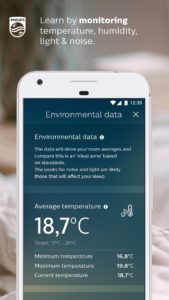
The SleepMapper mobile app provides a report the following morning to help you understand your sleep patterns better. It logs sleep details, patterns and improvements over time. The app provides tips, suggestions to aid the development of a good and effective sleep routine.
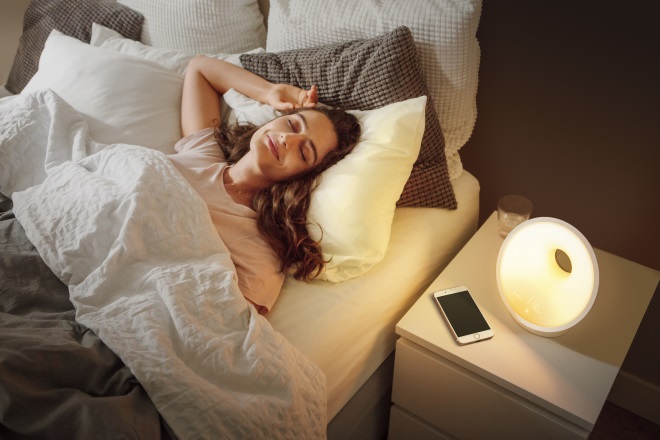
The Philips Somneo connected Sleep & Wake-up Light makes both the wake-up and falling asleep process more effective with sunrise and sunset features. The device initiates the wake-up process by “creating” a colourful sunrise just before the selected wake-up time with a slow increase in light intensity. The falling sleep process is similarly gentle with a sunset or RelaxBreathe feature to provide good conditions to help you drift off to sleep. The Philips Somneo has an AmbiTrack sensor that monitors the external environment – humidity, temperature, brightness – as you sleep. Together with the SleepMapper app, you can get a report the following morning that helps you understand and plan your sleep pattern in relation to optimal sleep conditions.
Used together, SmartSleep, the Philips Somneo and the SleepMapper app allows you to optimise your sleep by understanding your personal data, patterns and habits. Regular usage can help you understand your requirements better and eventually improve your sleep cycle.
SmartSleep is currently available on limited release. More information can be found at their website. The Philips Somneo is currently available at selected retailers for USD 199.99. More information can be found at their website here and here.
*The survey, conducted online in February 2018 by Harris Poll on behalf of Philips, reviews the sleep habits of over 15,000 adults across 13 countries (United States, the UK, Germany, Poland, France, India, China, Australia, Colombia, Argentina, Mexico, Brazil and Japan), taking a closer look at how sleep is prioritized, addressed, and perceived by populations around the globe.
**IFA is the world’s leading trade show for consumer electronics and home appliances. This year, it will take place from 31 August to 5 September, 2018 in Berlin, Germany. More information can be found at their website.

